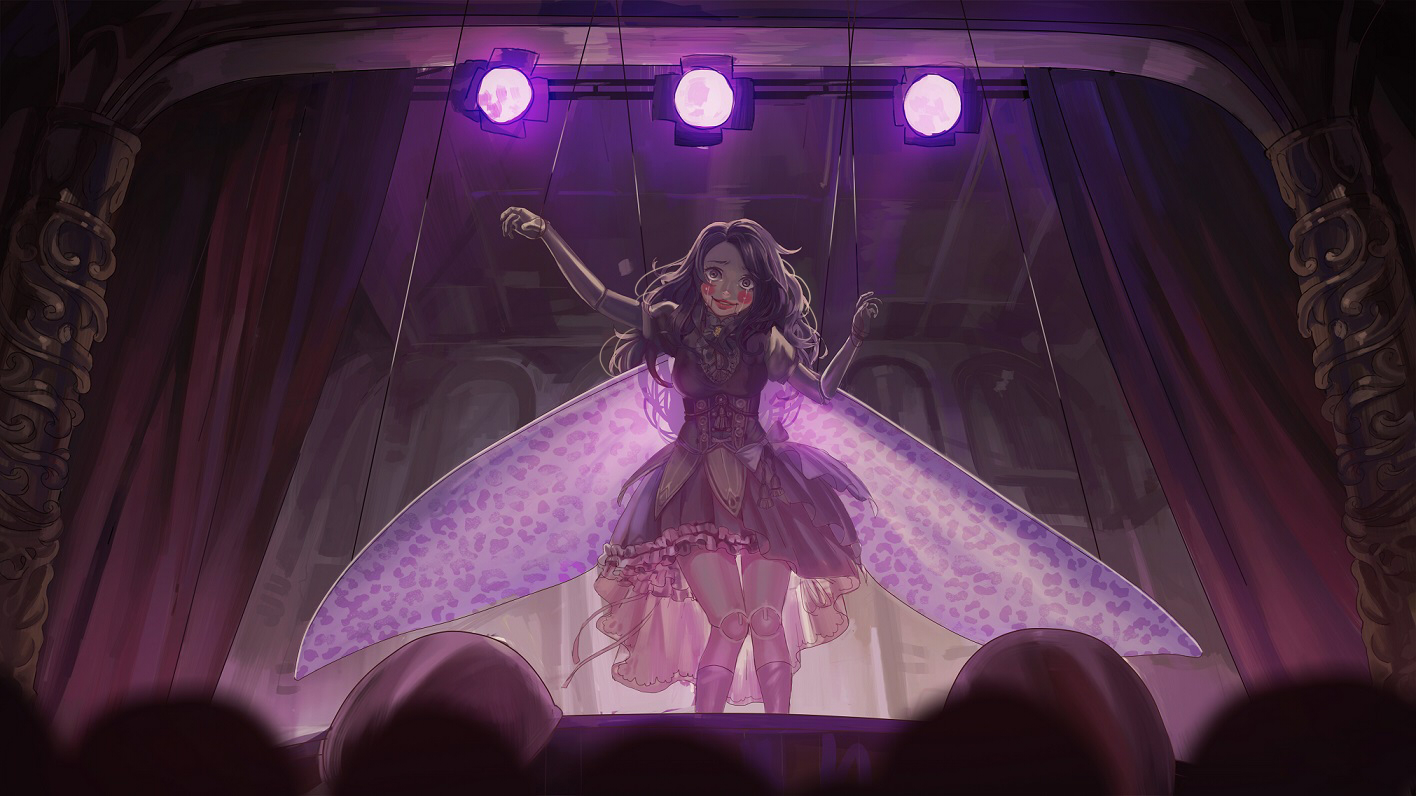Posting rules: Any registered member can create or reply to a thread.
Question Common Grammar Errors and their fixes
- elrodw
-
 Topic Author
Topic Author
Example - some people write stream-of-consciousness and then go back to add punctuation, and they tend to sprinkle commas liberally through the work like salt from a salt-shaker. Commas are an art form, and are not a substitute for full-stop periods (or exclamation points or such). Some examples could be given here.
Another common one is quotations - specifically separating the quoted text from the 'action' part of who said, spoke, shouted, yelled, whispered, hissed, or otherwise verbalized their thoughts. An example:
"Leave me alone!" She shouted.
She shouted. "Leave me alone!"
Both forms are incorrect. In either ordering, both parts are part of the same sentence, and capitalizing the "S" in she says that they're two independent sentences, which they are most definitely not.
"Leave me alone!" she shouted.
She shouted, "Leave me alone!"
The two belong together, wed forever. To see an example, try this substitution:
"Leave me alone," she whispered softly.
She whispered softly, "Leave me alone."
See? No exclamation point, so it LOOKS like parts of one sentence, whereas the exclamation point above deceives us. Now there's another twist to this:
"Leave me alone!" She angrily spun away from the boy so he wouldn't see the tears in the corners of her eyes.
There is no "verbalizing" word like 'shouted', 'said', 'whispered', or anything else. So here, they ARE two separate sentences and should be treated as such. Here's the key: if the action - speaking, asking, etc - goes with the quoted text, it is part of the same sentence. If the action is NOT verbalizing and can stand all on its own, treat it like a separate sentence.
"Thus ends the lesson"
Never give up, Never surrender! Captain Peter Quincy Taggert
- NeoMagus
-
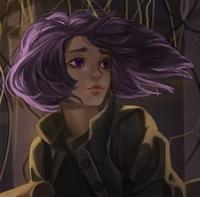
... . . -.- / .--- ..- ... - .. -.-. . .-.-.- / .-.. --- ...- . / -- . .-. -.-. -.-- .-.-.- / .-- .- .-.. -.- / .... ..- -- -... .-.. -.-- / .-- .. - .... / -.-- --- ..- .-. / --. --- -.. .-.-.-
- elrodw
-
 Topic Author
Topic Author
I noticed that, so it's moved.NeoMagus wrote: Just an observation, but wouldn't this topic fit better over in The Tool Room thread, since it's basically tips/guidelines for keeping an eye on grammar in your writing?
Never give up, Never surrender! Captain Peter Quincy Taggert
- Amelia_R
-

Your usage is quite correct, although we might also point out that in American usage punctuation (periods, commas, question marks, etc. *always* goes inside the final quotation mark. In English/UK usage the opposite is true.
- elrodw
-
 Topic Author
Topic Author
Amelia_R wrote: Well said, Elrod.
Your usage is quite correct, although we might also point out that in American usage punctuation (periods, commas, question marks, etc. *always* goes inside the final quotation mark. In English/UK usage the opposite is true.
Well, that's not surprising. They have a few other grammatical quirks, like spelling words as if they're playing Scrabble and can get a few extra points by stuffing an extra 'u' in "color," "armor," and other such words. Plus they're a little dyslexic on the endings of some words like "theater" and "specter".
Never give up, Never surrender! Captain Peter Quincy Taggert
- Arcanist Lupus
-

"Shared pain is lessened; shared joy, increased — thus do we refute entropy." - Spider Robinson
- Domoviye
-

- Phoenix Spiritus
-

elrodw wrote:
Amelia_R wrote: Well said, Elrod.
Your usage is quite correct, although we might also point out that in American usage punctuation (periods, commas, question marks, etc. *always* goes inside the final quotation mark. In English/UK usage the opposite is true.
Well, that's not surprising. They have a few other grammatical quirks, like spelling words as if they're playing Scrabble and can get a few extra points by stuffing an extra 'u' in "color," "armor," and other such words. Plus they're a little dyslexic on the endings of some words like "theater" and "specter".

We just don't worship Webster, but that's OK. It's only been a few hundred years, we're patiently waiting for that cult to disappear naturally.
- E M Pisek
-

Phoenix Spiritus wrote:
elrodw wrote:
Amelia_R wrote: Well said, Elrod.
Your usage is quite correct, although we might also point out that in American usage punctuation (periods, commas, question marks, etc. *always* goes inside the final quotation mark. In English/UK usage the opposite is true.
Well, that's not surprising. They have a few other grammatical quirks, like spelling words as if they're playing Scrabble and can get a few extra points by stuffing an extra 'u' in "color," "armor," and other such words. Plus they're a little dyslexic on the endings of some words like "theater" and "specter".

We just don't worship Webster, but that's OK. It's only been a few hundred years, we're patiently waiting for that cult to disappear naturally.
I have a stack of dictionary's at the house. My kids use them to eat cereal.
What is - was. What was - is.
- mittfh
-
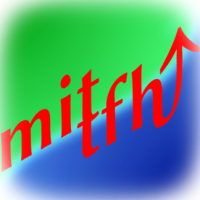
elrodw wrote: ...can get a few extra points by stuffing an extra 'u' in "color," "armor," and other such words. Plus they're a little dyslexic on the endings of some words like "theater" and "specter".
For British spelling, blame the French (well, the Norman French to be precise) - 1066 and all that.
For US spelling, blame Noah Webster, who deliberately set out to simplify spelling when creating his dictionary.
While still on the subject of spelling, something I haven't seen in (m)any Whateley stories, but have seen elsewhere on the 'net - homophone abuse.
Stairs are what you climb to get from one level of a building to another, stares is to gaze intensely at someone.
Clothes are what you wear, cloths are what you use to clean with.
Remember: spell checkers can only tell you if the word exists in the dictionary - they cannot tell you if you've used the right word in the right place!
A brilliant example of this is in Dr. Jerrold Zar's poem, Candidate for a Pullet Surprise (click on the first link to view the PDF). As for the meme about words still being comprehensible if only the first and last letters are in place, here's the actual science .
Meanwhile, falling into both spelling and grammar camps (since this thread is ostensibly about grammar rather than spelling) are this quintet of words:
They're eating their breakfast over there.
(They are) eating (belongs to) breakfast over (location).
You're looking at your watch.
(You are) looking at (belongs to) watch.
As the right side of the brain controls the left side of the body, then only left-handers are in their right mind!
- elrodw
-
 Topic Author
Topic Author
Most fail - miserably - in grammar and such.
Homophones - yup. Lots get them wrong.
But the one that really, really gets me is possessive vs. plural.
It's is a contraction of "it is".
Its means something belonging to 'it'
Easy test - read back the sentence replacing the word with it is, then it gets and apostrophe.
This test works for you're vs. your as well.
Where vs. were? sometimes people make this mistake. Common one.
But the biggie?
except for contractions, an apostrophe denotes possession.
"squirrels" means multiple furry-tailed rodents
"squirrel's" means that A squirrel owns something. It does NOT mean multiple squirrels.
Plurals do NOT get apostrophes. NEVER, EVER, EVER!
Thank you, and thus concludes the lesson (du jour)
Never give up, Never surrender! Captain Peter Quincy Taggert
- Astrodragon
-

elrodw wrote:
Amelia_R wrote: Well said, Elrod.
Your usage is quite correct, although we might also point out that in American usage punctuation (periods, commas, question marks, etc. *always* goes inside the final quotation mark. In English/UK usage the opposite is true.
Well, that's not surprising. They have a few other grammatical quirks, like spelling words as if they're playing Scrabble and can get a few extra points by stuffing an extra 'u' in "color," "armor," and other such words. Plus they're a little dyslexic on the endings of some words like "theater" and "specter".

You're just jealous we can buy vowels cheap...
I love watching their innocent little faces smiling happily as they trip gaily down the garden path, before finding the pit with the rusty spikes.
- Naomi
-

General rule: When two words are spelled identically except one has an "e" at the end (before the "s" if it's the present tense form of the verb), the one without the "e" is a noun while the one with it is a closely related verb.
Breath is a noun. Breathe is a verb.
Cloth is a noun. Clothe is a verb.
Teeth is a noun while teethe is a verb.
Bath is a noun while bathe is a verb. (Except with UK English, where it's reversed)
Loath and loathe are odd ones; loath is an adjective and loathe is a verb.
There are more, of course, and a few other exceptions. It's a good general rule to remember, though.
- Sir Lee
-
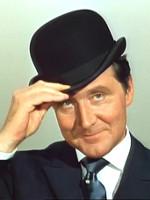
- E M Pisek
-

What is - was. What was - is.
- Amelia_R
-

Sir Lee wrote: I thought that in UK English "Bath" was a city?
It's a city in the US as well. Bath, Maine is the home of the Bath Iron Works, where most of the US Navy's destroyers are built.
- annachie
-

- Arcanist Lupus
-

elrodw wrote: Plurals do NOT get apostrophes. NEVER, EVER, EVER!
Well, unless you're talking about a plural possessive where the plural adds an 's'. For example, "All of the Whateley authors' stories are amazing." In which case, (as demonstrated here) you include only one 's', but put the apostrophe after it. I think that you can do the same with words ending in 's' (like 'bus' or 'Jones') but I'm not sure about that.
Of course, I would probably rewrite the above example as "All of the stories by Whateley authors are amazing," because it's much easier to read that way. But not because it's more grammatically correct.
"Shared pain is lessened; shared joy, increased — thus do we refute entropy." - Spider Robinson
- Kettlekorn
-

Arcanist Lupus wrote: I think that you can do the same with words ending in 's' (like 'bus' or 'Jones') but I'm not sure about that.
That's a style issue; there isn't a definitive rule unless you're being constrained by a style guide. I like to use 's universally when making a singular noun possessive in order to avoid ambiguity. Some people think that looks or sounds funny, so they prefer to drop the s and hope people can figure out what they meant through context. Some people only drop the s under specific conditions, such as with proper nouns or with words that are pronounced in a particular way.
- FuzzyBoots
-
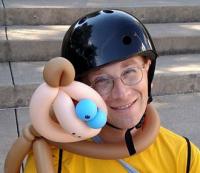
As with English in general, there are caveats. Abbreviations that include multiple words such as referring to multiple M.D.'s and pluralization of lower-case letters get apostrophes such as when you're minding your p's and q's. Weirdly enough, there isn't if you're minding your Ps and Qs and even in the 2010s, you don't use apostrophes for numbers (although most cases of pluralization of numbers falls under a situation where they need to be spelled out anyhow, as can be seen by hundreds of correct examples out there).elrodw wrote: Plurals do NOT get apostrophes. NEVER, EVER, EVER!
Thank you, and thus concludes the lesson (du jour)
- E M Pisek
-

What is - was. What was - is.

